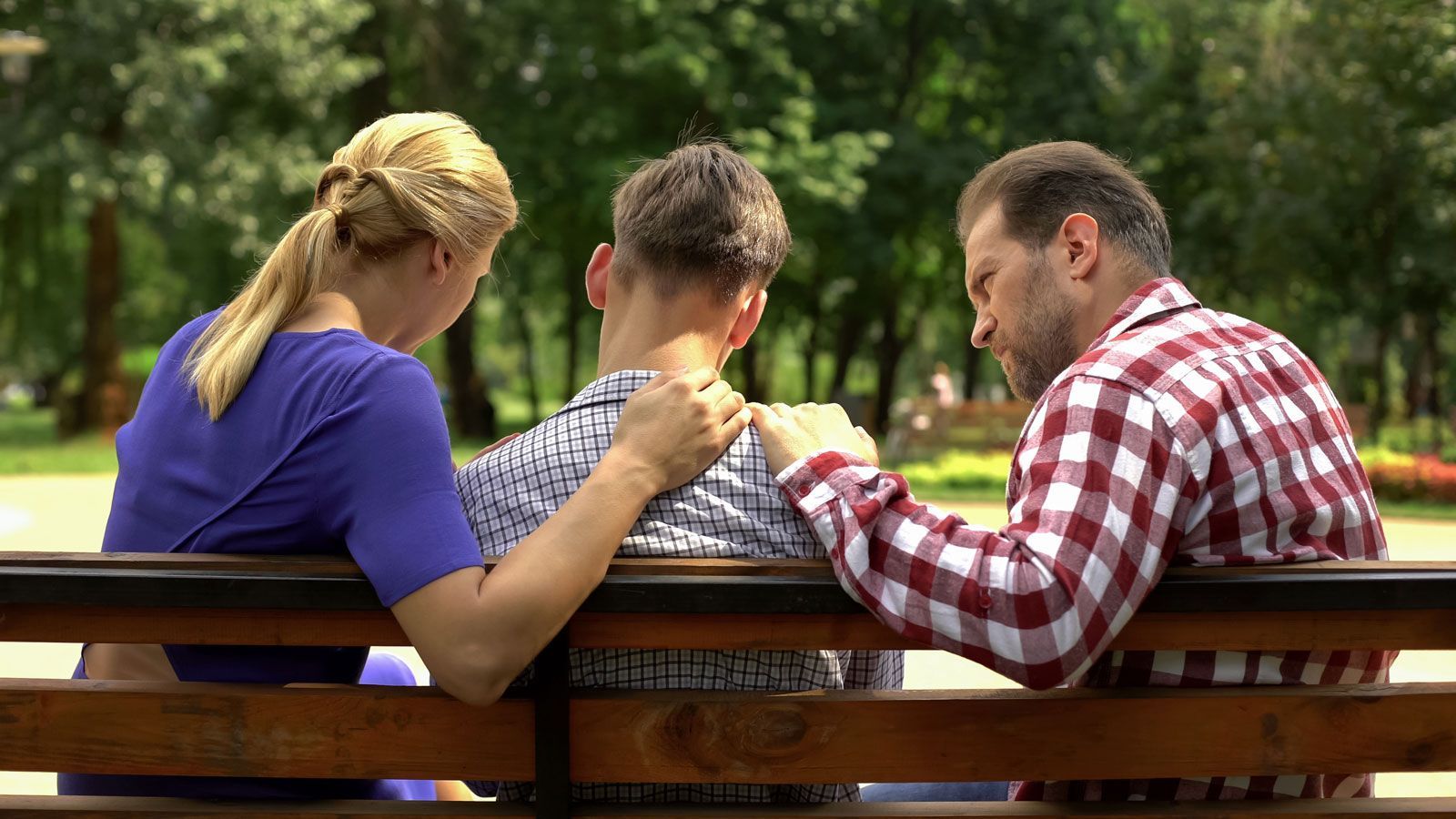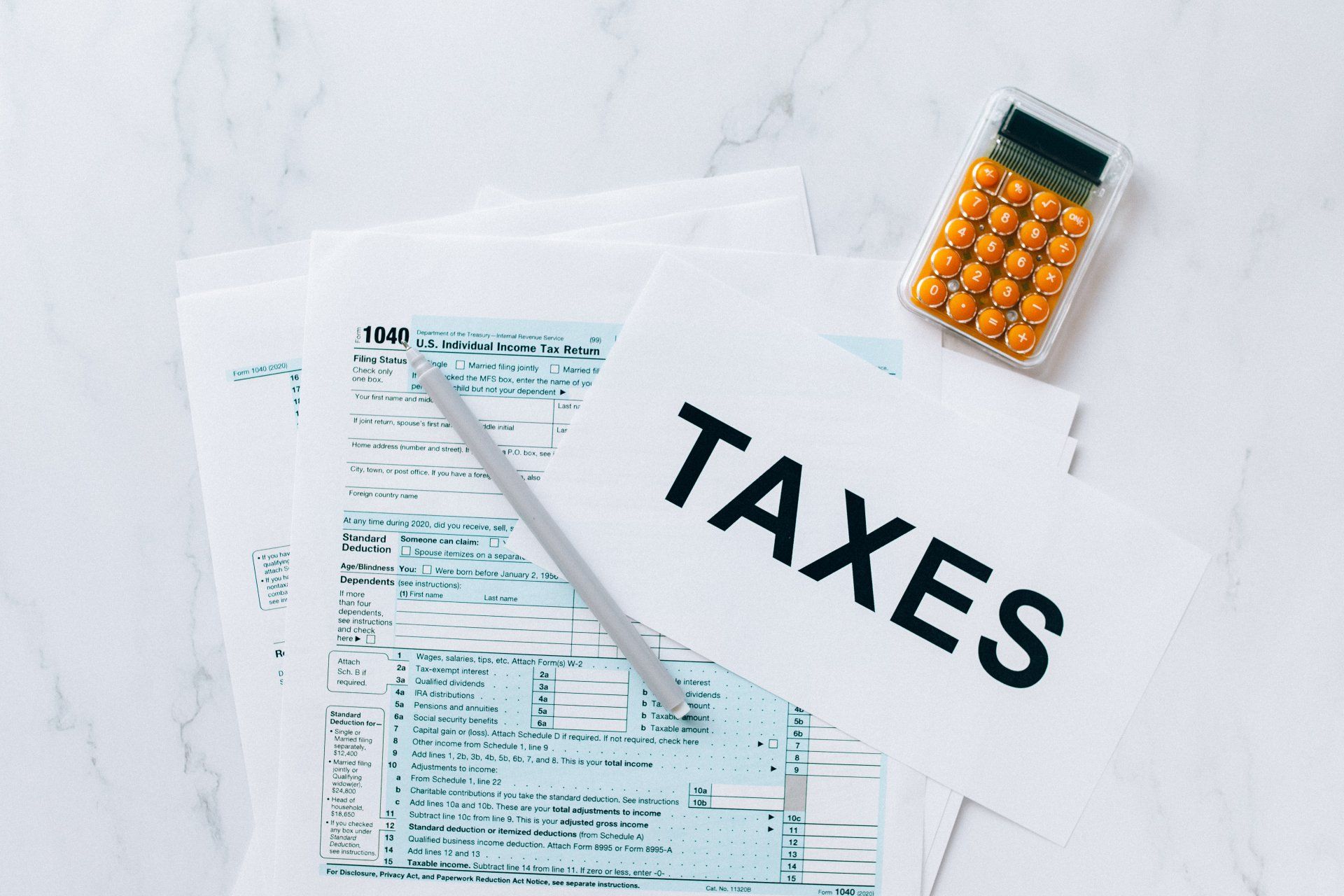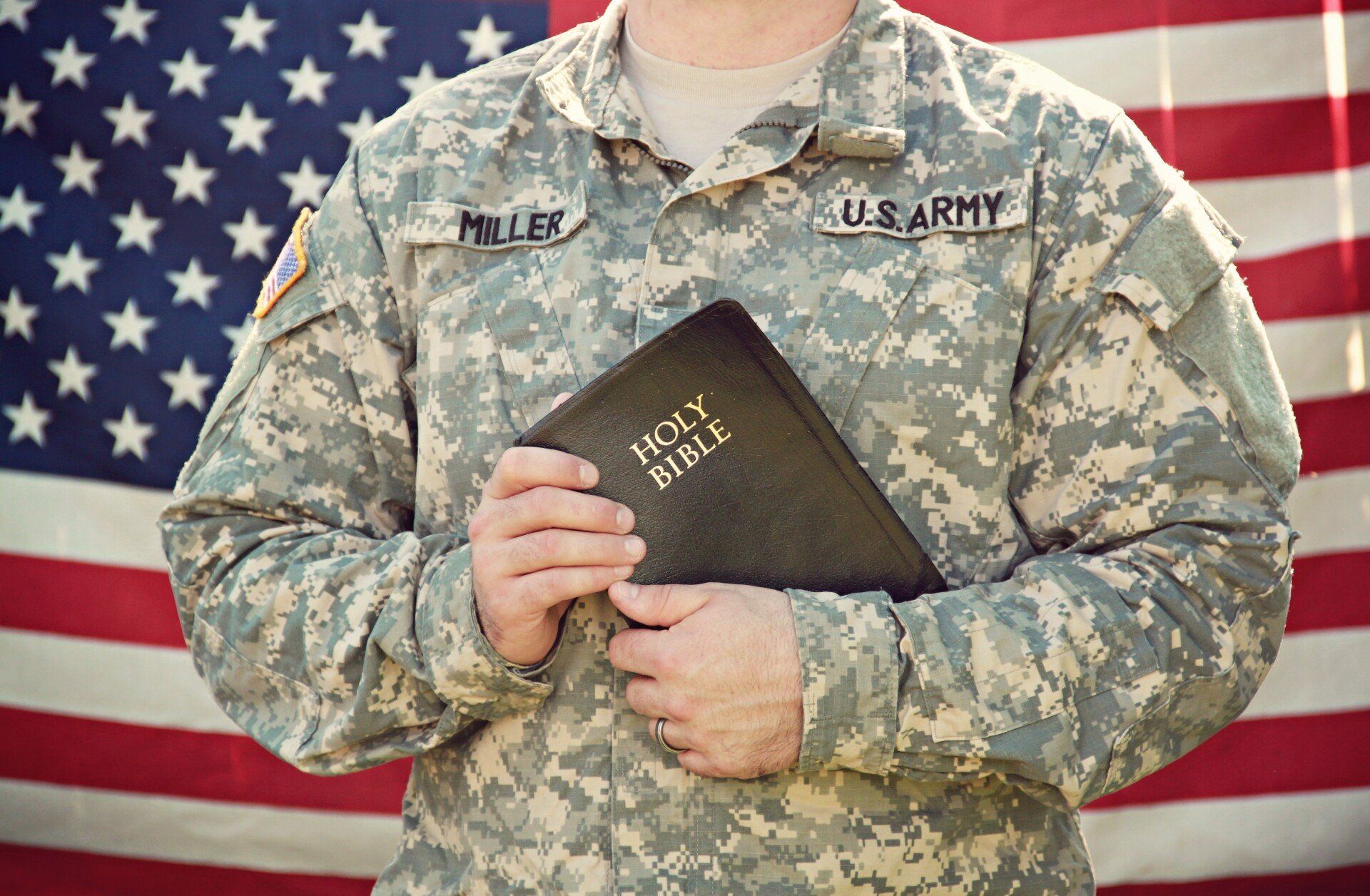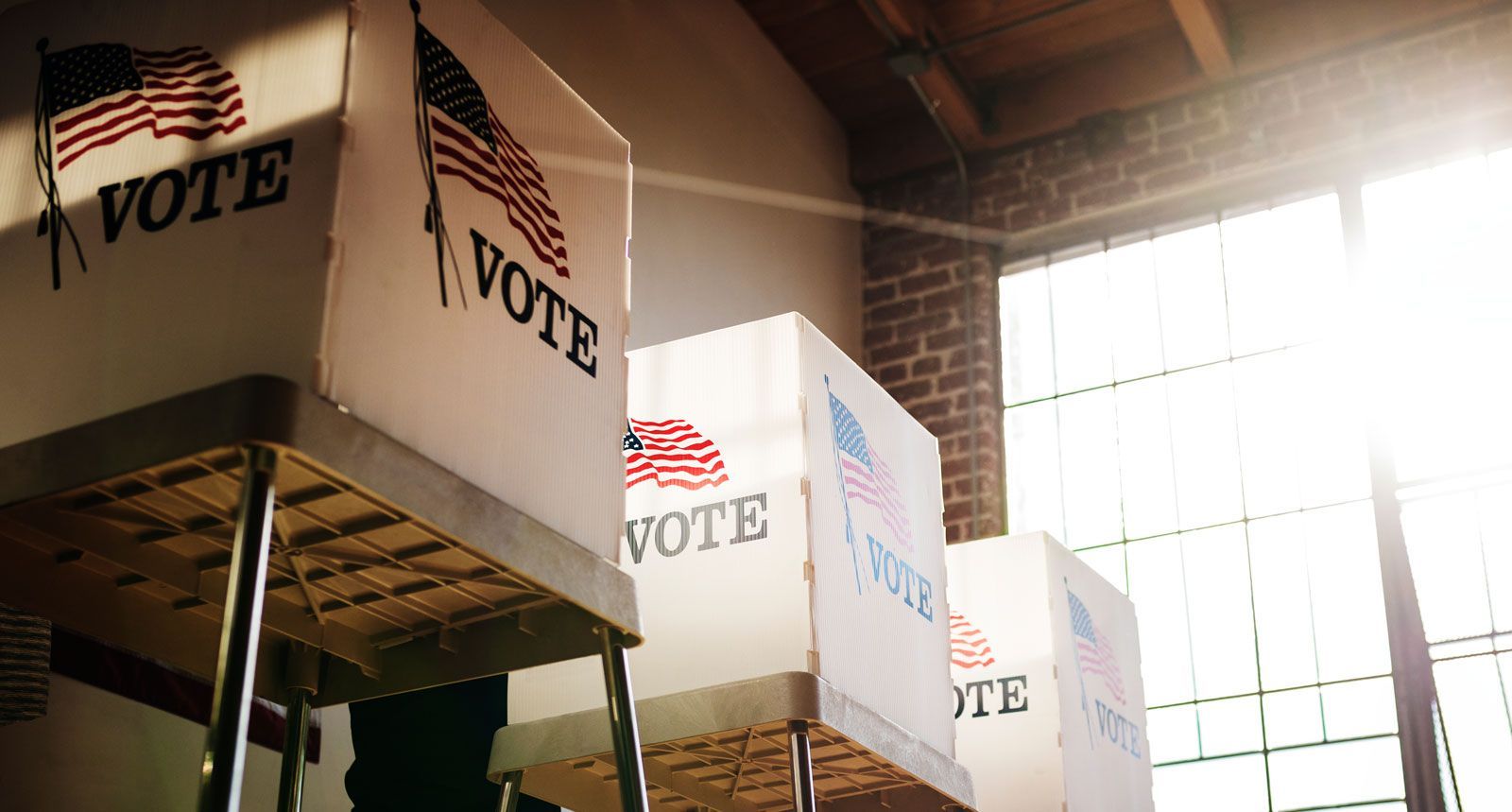Legal Information
LEARN MORE ABOUT MINNESOTA LAWS
Understanding Minnesota Laws & Their Impact
These are the primary legal services provided through the bar associations and their distinguishing characteristics.
The Right Call for the Right Lawyer
Get Help Finding the Right Attorney for Your Case
Not sure if you need an attorney or what type of attorney to request? Request assistance today and a referral counselor will give you the guidance you need to take the next step.

















